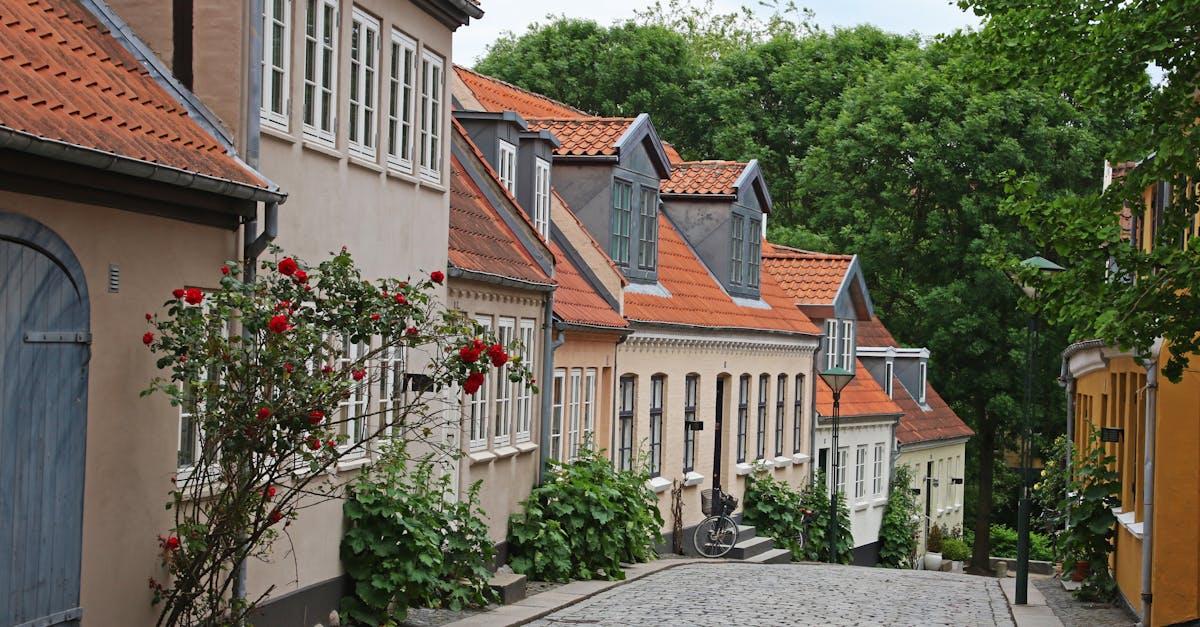When referring to individuals from Denmark, the terms “Danes” and “Danish” are commonly used. “Danes” serves as the demonym—a word that identifies residents or natives of a particular place—while “Danish” functions as both the adjective describing something as being from Denmark and the language spoken by its people.
Understanding Demonyms
A demonym denotes the people or inhabitants of a specific place. In this context, “Danes” refers to the citizens or natives of Denmark. The term “Danish” is used adjectivally to describe anything related to Denmark, such as Danish culture, Danish cuisine, or the Danish language. These terms not only distinguish the people of Denmark but also highlight the cultural attributes associated with them.
Etymology of ‘Dane’ and ‘Danish’
The term “Dane” originates from the Old Norse word “Danir,” which was used to describe the people inhabiting the region now known as Denmark. Similarly, “Danish” comes from the Old English “Denisc,” meaning “of the Danes.” These terms have been in use for centuries, reflecting the deep-rooted history and cultural identity of the Danish people.
Danish history is closely tied to the Viking Age, during which the Danes were among the most prominent seafaring peoples. Their influence extended across Europe, and their legacy is still celebrated in Denmark today.
Language and National Identity
The primary language spoken in Denmark is Danish, a North Germanic language closely related to Norwegian and Swedish. For Danes, speaking Danish is a significant aspect of their cultural heritage. The language serves as a unifying element, fostering a sense of belonging and pride.
In Danish, the word for a person from Denmark is “dansker,” directly translating to “Danish person.” This linguistic connection reinforces the bond between the people and their homeland.
Common Misconceptions
It’s important to clarify that “Danish” should not be confused with “Dutch,” which pertains to the Netherlands. This mix-up often leads to misunderstandings, as Denmark and the Netherlands are distinct countries with unique languages, cultures, and histories. Using the correct terms ensures clear communication and demonstrates respect for cultural identities.
Another misconception involves the idea that all Danish people are descendants of Vikings. While Denmark’s Viking heritage is significant, modern Danes represent a blend of historical influences and contemporary global culture.
Danish Culture and Global Influence
Calling the people of Denmark “Danes” and their cultural attributes “Danish” reflects a rich heritage that has influenced the world. Danish design, architecture, and cuisine are celebrated globally. From the minimalist elegance of Danish furniture to the delectable Danish pastry, these cultural exports embody Denmark’s creative and innovative spirit.
Additionally, Denmark’s contributions to global happiness indices often tie back to the concept of “hygge,” a uniquely Danish approach to coziness and well-being. This philosophy is deeply ingrained in Danish life and adds another layer of meaning to the identity of Danes.
Conclusion
In summary, individuals from Denmark are called Danes, and anything pertaining to Denmark is described as Danish. These terms are deeply embedded in the country’s history, language, and cultural identity, representing the people and their heritage.
Understanding the correct usage of these terms not only enhances communication but also fosters appreciation for Denmark’s rich history and contributions to global culture.
For a deeper exploration of this topic, visit The Danish Dream’s article on what people from Denmark are called. Whether you’re exploring Denmark’s culture or planning a visit, knowing these distinctions will enrich your experience.

